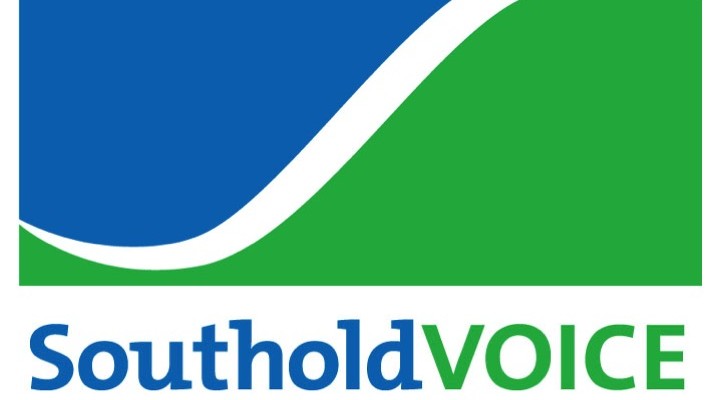The following article appeared in the February 14th edition of the Suffolk Times as a “Guest Spot”
Having attended two recent Southold Town government meetings – one for changes to a town code and the other regarding the Natural Resources chapter of the Towns in-development Comprehensive Plan, I observed pointless division of opinion and misconceptions that do not help anyone. I saw a significant opportunity missed!
Environmental activists are preachy about making everything “sustainable,” but when it comes to the rights of property owners, they seem to forget that we [waterfront property owners] are a part of the ecosystem as well, or would they prefer we become extinct. Property owners are a significant resource being wasted. And, waterfront property owners in particular are dedicated to achieving a healthy balance between the legal rights of private property owners and ensuring sensible (and sustainable) protections are afforded to all natural and living resources.
Many environmental activists view the legal protection of private property as an obstacle to environmental sustainability. To the contrary, private property and property rights have been a core American value since the nation’s inception and are recognized as a significant resource in environmentalism.
The importance of property rights in determining the use and value of environmental assets has been noted by both economists and legal scholars since the middle of the 20th Century. Nothing has changed in that regard. “Particularly in the case of natural resources, property rights are a viable and demonstrated means of enhancing sustainability, particularly when compared to the available political alternatives,” writes Megan McArdle of The Atlantic . Continuing, she states: “At the same time there is increasing evidence that a failure to respect and protect property rights undermines environmental stewardship… .”
In a recent letter to the Suffolk Times, Howard Meineke wrote: “Waterfront property owners should be in the forefront of the clean water advocates. Clean and productive marshes, creeks and bays are their prime asset. It should be a major concern.” I completely agree, however, solutions cannot be suggested or implemented with the trampling of property rights.
The agricultural community would not accept that principle, and neither do waterfront property owners.
What is missing in the equation is recognition of the conservation efforts of individual private landowners, and waterfront property owners in particular, and a renewed appreciation of private property rights in the drafting of environmental policy.
Waterfront property, whether it be on the bay, a creek or the Sound, is special and its owners recognize that fact. They too understand the principles of conservation and sustainability. Each and every owner has worked hard to own their property and continues to do so to maintain it and its value. Waterfront Property owners are a significant resource in the conversation.
Why then is it felt that the trampling of property rights of waterfront owners to be the solution? Is it politically expedient? Is it easy to sell? Is it: you have it and I want it?
An opportunity missed!
We try to be and should be part of the solution. Waterfront owners bring a significant voice and understanding of the issues. Yet, they are looked at as an adversary rather than an asset. An opportunity missed!
John Betsch




No Comments